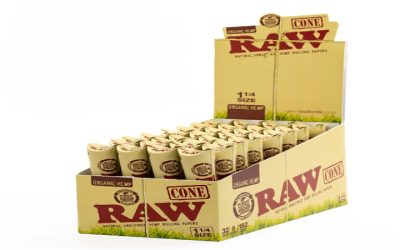Frac chemicals are a necessary part of the fracking process. It would be impossible to recover the oil and natural gas trapped beneath the soil without them. Fortunately, our chemical collection includes everything needed for efficient fracking.
Proppants
After fracturing the ground, proppants hold it open. As a result, fluids may continue flowing through the fractured earth. Sintered bauxite and zirconium oxide are common proppants.
Hydrochloric or Muriatic Acid
Before fracturing fluid injection, acids clean up perforation intervals. So, there’s an accessible path to the formation afterward.
Peroxydisulfates
When fluid viscosity is too high, breakers help reduce it. This can make it easier to inject proppant into the fracture.
Bactericides and Biocides
Often, bacteria produce gas contaminants, affecting methane purity. Biocides inhibit their growth, preserving methane.
Buffers and pH Adjusters
Most additives perform best within a certain pH range. As such, sodium and potassium carbonate are often used to control acidity.
Clay Stabilizers
Occasionally, formation clays begin to swell, reducing their permeability. Certain salts act as clay stabilizers, preventing them from swelling.
Corrosion Inhibitors
Steel tubing is vulnerable to rust unless coated with corrosion inhibitors. Methanol, ammonium bisulfate, and oxygen scavengers all inhibit rust formation.
Gelling Agent
Guar gum is often added to fracturing fluid to increase its proppant capacity.
Solvents
Aromatic hydrocarbons can change a fluid’s solubility in different solutions. This can help prevent emulsions from breaking.
Surfactants
Methanol can reduce the surface tension of fracturing fluid, enhancing its recovery.
Flatirons Chemicals supplies frac chemicals throughout Denver. Visit us at our website at website to learn more.







